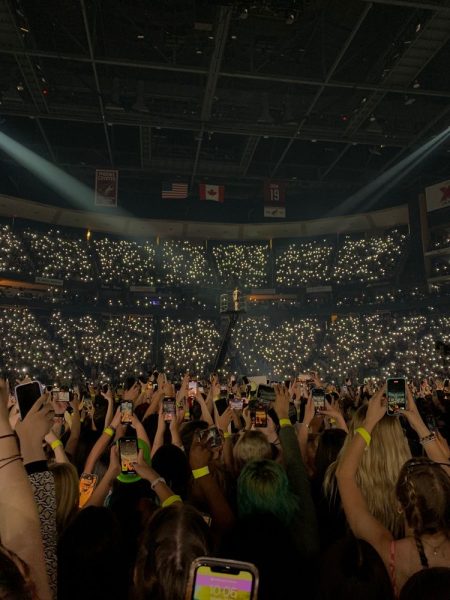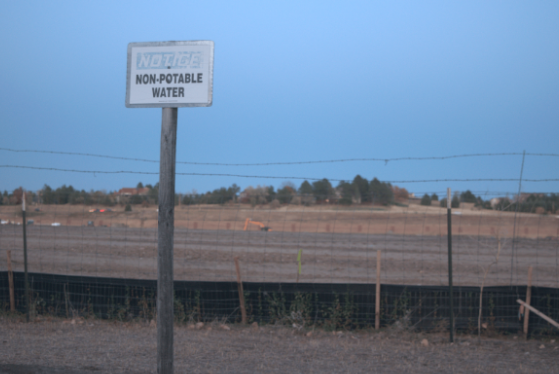DOOMERISM: Status Quo and the Death of Hope
The world is literally on fire. This year alone, record-setting blazes have ravaged the west coast, the Coronavirus has killed hundreds of thousands across the country, Black Lives Matter has ongoingly received more and more reason to further its cause, and the single most frustrating election cycle of any of our lifetimes has threatened to erode the very pillars of democracy itself. I’m sure I’d speak for most of us in saying that we’re well overdue for an end to 2020 and for a return to some semblance of normalcy.
But that wouldn’t be speaking for myself. Because the truth is, I’ve come to take normalcy as the very thing that led us into this hellscape to begin with.
I should probably preface this by admitting that I’m not the kind of person for whom “normal” and “good” tend to align. Quarantine was unquestionably the best time of my life, for instance, speaking as an always-online Aspergic trans woman who spends her life writing video essays for YouTube and cowering in the face of in-person socialization. On the same note, all my friends are anarchist furries on Discord, five-day-a-week schooling is enough to bring me to the verge of psychological collapse – in short, I’m well-biased to resent our country’s conception of normalcy for its failure operate in the terms of well-being relevant to devients. But by that same token, I’m well-primed to call the problems like I see them.
And the prime spot to open that call-out is here: longing for an assumption-affirming status quo is human nature. Ever had a bad habit? Ever found it hard to leave a job you claim to hate? Intentionally dwelled in a political echo chamber, returned like clockwork to an abusive relationship? Well, yeah, that; it’s common knowledge in psychology that our brains long for situations in which they can coast on pre-processed information, and therefore find comfort in whatever they’ve come to take as a given, no matter its toxicity.
And god what a toxic given we’ve presumed.
I mean, what is it that’s enabled both the pandemic and climate change to worsen for this long if not an obsession with our typically-open economy and the way of life it implies? Couldn’t we deal with the thought of another month or two of quarantine and save the lives of 250,000 of the immunocompromised, or spend a few years transitioning to cleaner energy sources to heal our dying planet before the coasts of the world are damaged beyond repair? The American people could get used to any of the changes such shifts would bring about were they to accept them as normal, and yet we refuse to take that first step.
And the same goes for protests of racist policing – surely those would have subsided much more quickly if our country had been willing to so much as feigning listening to criticism of an institution as thoroughly-normalized as the police and making changes for the better, but no. The masses continue to insist that things were fine the way they were, things are fine as they stand, bite your tongue or we’ll send the literal military in on your disruptive little protest movements. That’s the sociological endgame of an obsession with normalcy: evangelizing the impulse of the privileged to ignore the suffering of the voiceless.
For more direct proof of that emotional impulse, you only need to look at the way corporations have taken advantage of the pandemic with advertising centered around appeals to the status quo. Assuring viewers that the company’s function hasn’t changed since the outbreak, that this “new normal” is entirely acceptable and worth getting used to – the emotional effectiveness of these tactics all but overtly reveals our subconscious will to keep everything as it is.
Now, you’d think that on some level this would be a fixable problem; after all, from the death of feudalism to the triumph of the American civil rights movement, there are clearly examples of successful revolts against normalcy scattered all across history. But at the same time, prior cultural revolutions didn’t have to deal with the monolithic mythologies of capitalism and democracy. In a country that’s for centuries reinforced the notions of both fixing one’s individual problems through sheer force of will and making change through democracy alone, alternatives in the public consciousness have all but disappeared – it’s no coincidence that communism served among our country’s most prominent scapegoats for the proliferation of COVID-19, or that Republicans continue to brandish the vague concepts of antifa and socialism when fear-mongering about their opponents.
Just as normal is that our visions of the future reduce to either dystopian cyberpunk fiction like Dune or Blade Runner, which simultaneously blame capitalism for the world’s miserable future and treat it as though there’s no valid alternative (a sentiment which echoes in the popularity of terror-inspiring figures like Greta Thunberg), or the vague cult-of-personality-based utopianism of the likes of Elon Musk, whose predictions for the future tend to be so ambitious and unrealistic as to feel like they belong to a timeline isolated from the one in which we live.
And so we’re stuck in a quagmire of democratic stasis and capitalist realism; the world continues to worsen as we refuse to address the problems that crush us, and as such we’re doomed to a life of covid anxiety, climate grief – in short, capitalist-rooted collective trauma, all thanks to our self-inflicted obsession with the status quo.
Cultural theorist Mark Fisher tells us that “it’s easier to imagine the end of the world than the end of capitalism.” Well here we are: the end of the
————–
Stop. Think about what you’ve been reading for the past five minutes. What is this fear-mongering? What is this doomscrolling? We already know this – who does it help for me to reiterate that hope seems childish right now? I can add all the socio-philosophical pretense I like, and it’s still just new paint on the same grave we’ve all been rotting in since the start of the decade. So why did I write this?
Well, the better question is why you were going along with it. Because I know you were. I know that you were invested in the despair, because despair sells. It’s so easy to wallow in helplessness, to melt into the void, to lay down and die. That’s why articles like this one are so common – they’re clickable, they’re profitable, they’re normal. Hopelessness is institutional.
But it doesn’t have to be.
Look, I know we’re all disillusioned with democracy. Electoralism and civility alike feel dead at the hands of hyper-partisan conflict and postmodern pandemical climate grief overload, and we all know that no matter who ends up in power once the dust has settled on Trump’s election-stalling lawsuits, no radical change for the better will come of it.
But at the same time, we’re living in the year of the largest progressively-oriented protest movement in recent history. A self-described socialist was an actual competitor for the Democratic candidacy this year. For god’s sake, the Capitol Hill Autonomous Zone happened!
The world is angry. Social revolution is on its way. Be it through democracy, dual power, or otherwise, the political radicalization afforded by social media is, at last, moving us into a culture of youth that actually can conceive of a world after racism, sexism, queerphobia, capitalism – a world after despotism..
So don’t give up hope. This tunnel’s end bares light.

"I spend a lot of time in my room either working on youtube videos or reading philosophy textbooks, they are either these weird expressional art films...


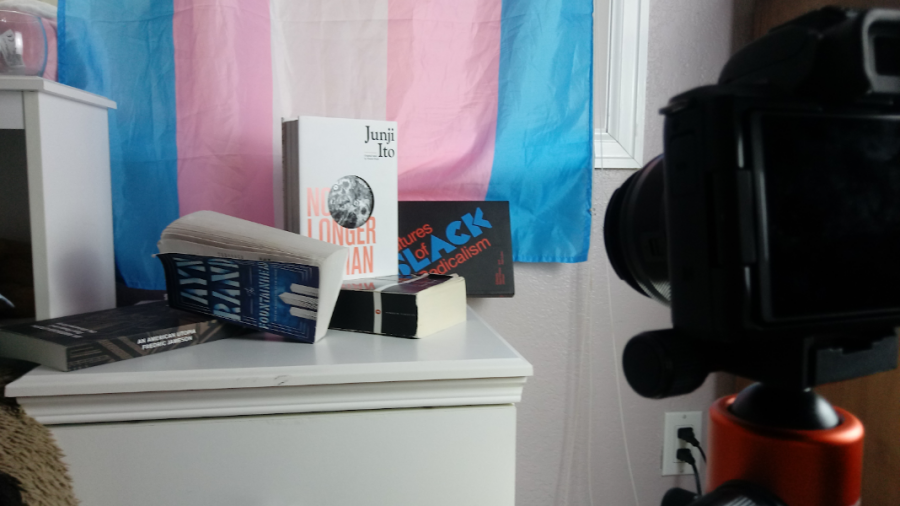


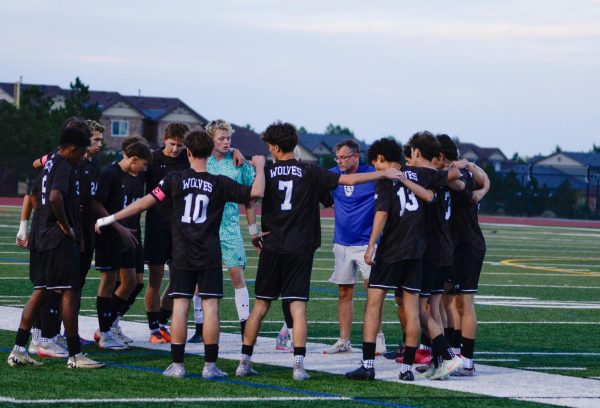
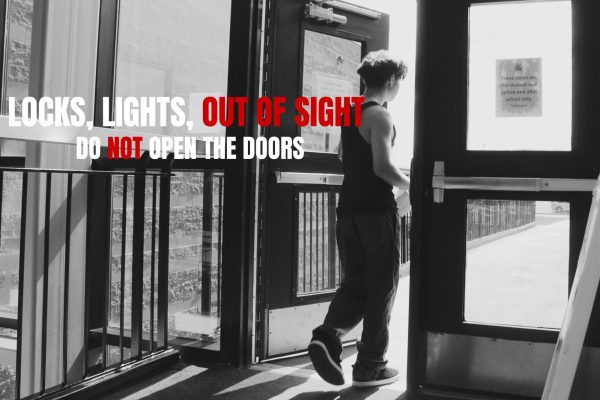
![A Vest Won’t Protect You [OPINION]](https://ghschronicle.com/wp-content/uploads/2025/09/KoltonZuckerVestPosterOffWhite-450x600.png)
![Executive Order: Ending Radical Indoctrination in K-12 Schooling [OPINION]](https://ghschronicle.com/wp-content/uploads/2025/04/Screenshot-2025-04-23-at-2.51.41 PM-600x337.png)
